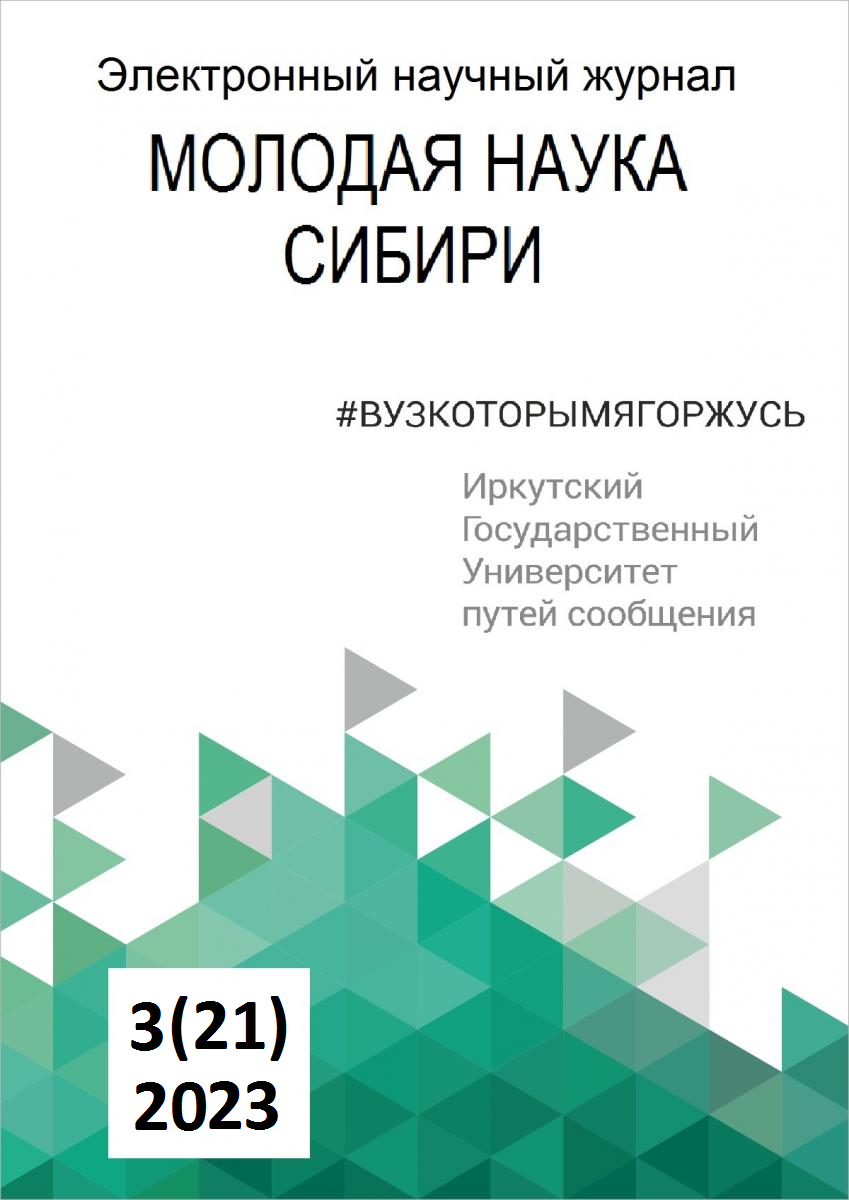COMPENSATING THE IMPLICITENESS OF ENGLISH TEXTS IN ENGLISH-TO-RUSSIAN TRANSLATION (ON THE BASIS OF CUSTOMS ENGLISH)
Keywords:
Customs English, terminology, language impliciteness, language explicitness, translation techniquesAbstract
The article examines the ways of compensating the impliciteness of English texts in English-to-Russian translation. English is implicit by nature, it is characterized by concise syntax, and consequently, a certain number of meanings are not verbalized at the textual presentation level. The Russian language demonstrates the opposite tendency, namely, explicitness and, as a result, verbosity. A significant number of English sentences require fewer words to express a certain meaning than their Russian equivalents. In order for an English sentence to be translated into Russian without losing its official style features and to be adequately understood by Russian speakers, in certain cases it is necessary to make up for the "lost meanings", to compensate for them. The comparative analysis of English customs texts and terminology with their Russian-language equivalents revealed that the most productive ways to compensate for the implicitness of English is to add abstract classifying and categorizing nouns, as well as nouns indicating the function.
References
Шимановская Л. А. Переводческие исследования и их специфика // Вестник Казанского технологического университета. 2010. №3. URL: https://cyberleninka.ru/article/n/perevodcheskie-issledovaniya-i-ih-spetsifika (дата обращения: 18.03.2023).
Черкашина Л.П. Соотношение эксплицитности / имплицитности в переводе // Коммуникативные исследования. 2015. №2 (4). URL: https://cyberleninka.ru/article/n/sootnoshenie-eksplitsitnosti-implitsitnosti-v-perevode (дата обращения: 18.03.2023).
Комиссаров В.Н. Теория перевода (лингвистические аспекты): учеб. пособие для институтов и факультетов иностранных языков. М.: Высшая школа, 1990, 253 с.
Русско-английский словарь таможенных терминов. Russian-English dictionary of the Customs Terms. URL: https://customsonline.ru/customs_terms.html (дата обращения: 08.05.2023).
English to Russian Law: Taxation & Customs Translation. URL: https://www.proz.com/glossary-translations/english-to-russian-translations/law-taxation-customs (дата обращения: 08.05.2023).
Trade Facilitation Terms: An English-Russian Glossary. UNECE, Commission of the Customs Union in cooperation with the Chamber of Commerce and Industry of the Russian Federation, Revised Second Edition. URL: https://unece.org/DAM/trade/Publications/ECE-TRADE-377EngRus.pdf (дата обращения: 08.05.2023).
Хайбулина Г. Н., Фаткуллина Ф. Г. Основные направления изучения терминологической лексики // Вестник Башкирск. ун-та. 2012. №3(I). URL: https://cyberleninka.ru/article/n/osnovnye-napravleniya-izucheniya-terminologicheskoy-leksiki (дата обращения: 08.05.2023).


